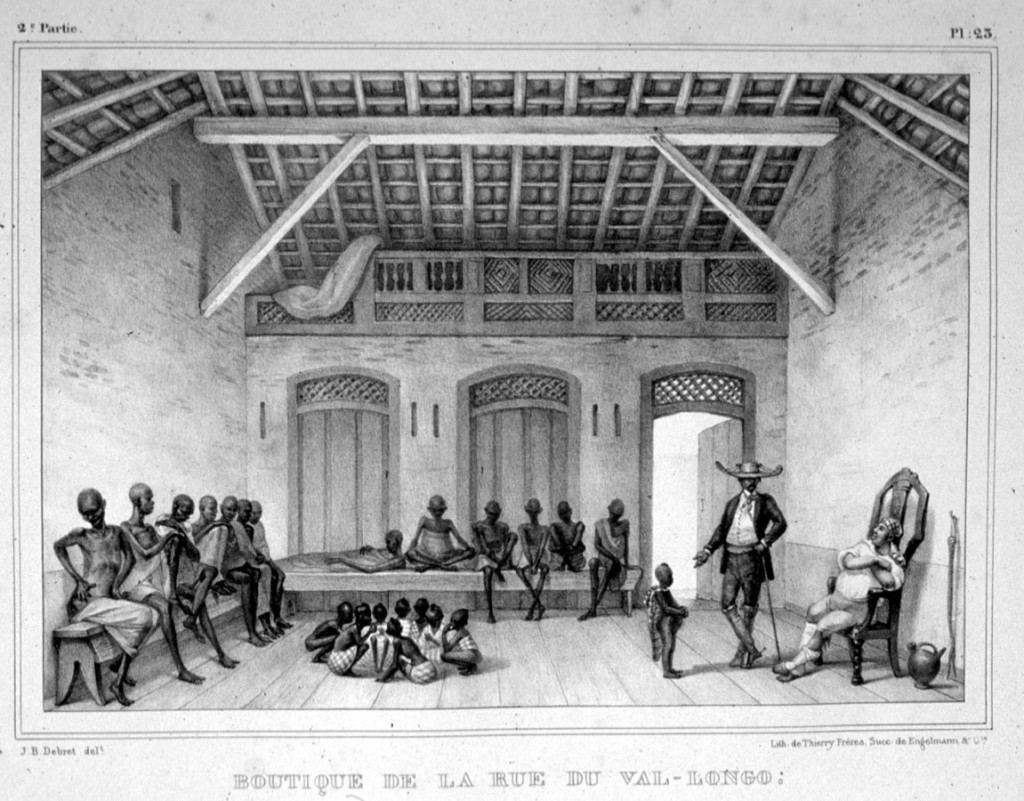In Brazil, “the delineation between black and white is blurred, with the overwhelming majority somewhere in the middle. But white remains the color of aspiration, and black the color of a history that some would prefer to forget.”
In continued recognition of Black Consciousness Month in Brazil, I’d like you to take a quick 45 minutes of your time to watch this eye-opening and well-produced BBC documentary released in 2000 called Brazil: An Inconvenient History. In it, the narrator and featured scholars discuss in painful detail the destruction of the indigenous population, the unmitigated brutality of Portuguese slave owners, the forced concubinage of indigenous and African women, the complicity of the Catholic church, and the reasons why African culture is much more palpable in Brazil than in other New World slave-based societies like the United States.
It’s well-known that Brazil was the last major slave-holding country to officially abolish the institution, granting its remaining slaves freedom in 1888 without any further assistance to become a productive part of society such as the Freedmen’s Bureau in the US. Keep in mind that my mother’s grandmother would have been born a slave in Brazil, and we’re talking a decade after Karl Benz (yes, that Benz) invented the damn modern automobile engine!
What does slavery have to do with modern Brazil, if it ended “so long ago?”
“The legacy of slavery to modern Brazil is huge: the racial inequality, the fact that the majority of blacks are poor, that they are not as well-educated as whites. But you also have positive results as well. Not of slavery itself but of the slaves, in terms of the music, in terms of the religion, made Brazilian culture much richer than it would have been without the presence of Africans in Brazil.”
…and more…
“The heady mix of music, religion, dance, and sport can sometimes blur the less-appealing legacy of slavery: homelessness, street children, unemployment. A country built on sugar has left a bitter taste in the mouths of many…Brazil still looks like a colonial society…[it’s] the world leader in inequality.”
Watch and learn, good people:

